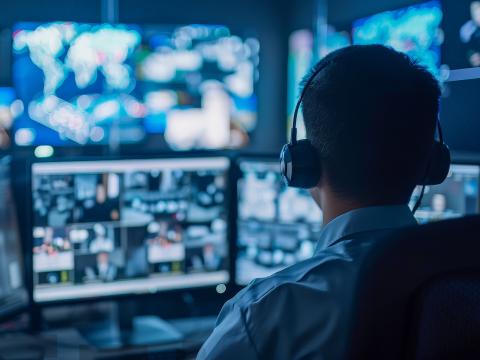The Bottom Line: Email Overload
What in the world did people do before the invention of email? How did they communicate? How did they know what work to do? How did they get work done? How did they document what was said or assigned? When they sat down in front of their computer screens, what did they look at?
Those are all reasonable questions and pretty simple to answer. The complex questions? Not so much. Where did all this email come from? Did we really work with this many people before email? Why does it seem necessary to send an email for every step in a process? If you don’t reply to an email as quickly as a co-worker, does that mean you aren’t as dedicated to your job? Why do people rely on email for answers to critical questions? Do they expect that others have their lives on hold awaiting that “You’ve got email” ding, bing or buzz?
Like cell phones, email offers tremendous benefits. No longer dependent on snail mail, people from across the block, the country or even the world can communicate in mere seconds. Whether closing a business deal or jotting a personal note, the information can be available faster than even speed-dial can connect a phone call. And email increases choices for both the sender and the receiver; the former can contact the latter without the intrusiveness of a phone call, while the latter can choose when to reply ... or can decide not to reply at all.
The problem with email is that it’s taken over our lives. While email is a boon for companies to market their products en masse, it now takes three times longer to dig through and pitch junk mail to find those nuggets of real messages you’ve been waiting to receive. (Not to mention that it’s a real let-down when you see you have a dozen new emails only to find out that only one is a real email sent specifically to you.) Let’s face it: that junk mail folder was created to make us feel that we are in control; we're not. Set the white/black list as often as you’d like—you’ll need to add to it several times a week just to keep up. And let’s not forget about that little “unsubscribe” button buried at the bottom that often leads to a hopeless quest.
Checking email has become a status symbol. People think nothing of checking their email while walking, driving, dining with friends, browsing the grocery store aisle or sitting on a beautiful beach. Really? Is mail that important? Was mail that important when delivered once a day and never on Sunday? If the message was urgent, wouldn’t they receive a phone call?
And what about after returning to work or home after a few days away? What’s the one activity most everyone dreads? That’s right. “Oh, and I don’t even want to open my email! I haven’t checked it in days!”
The bottom line is that email has its perks, but it is drowning out effective means of communication—for example, talking. A phone call is not old fashioned; it's immediate and effective. A short staff meeting needn't resemble a call to general quarters; it is an efficient way to ensure that a team coordinates its efforts. A walk down the hall to speak to a coworker isn't always an unwanted interruption; sometimes it's just the break they need. And it's a good bet that a handwritten note will surely make the recipient smile broadly right there at the snail mailbox.




Comments